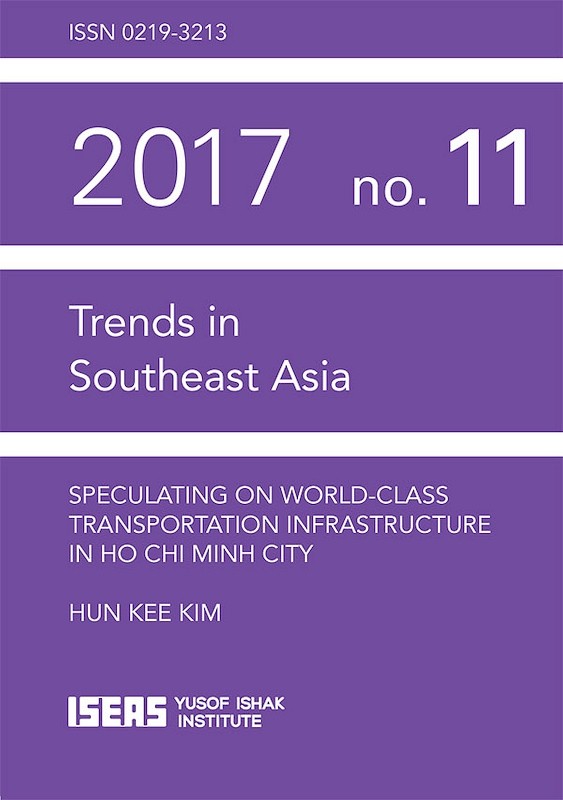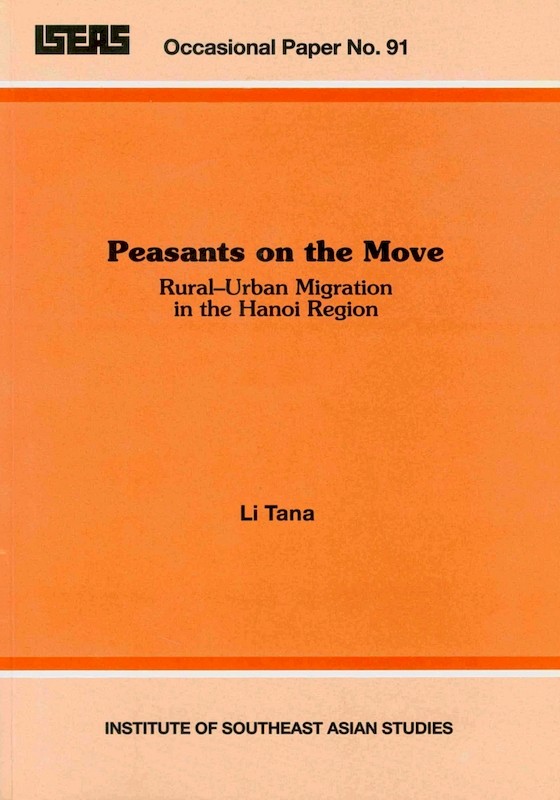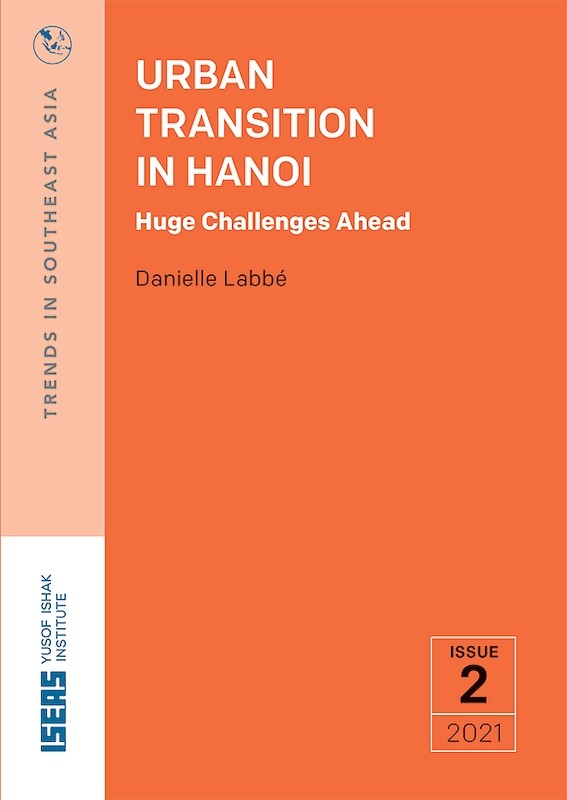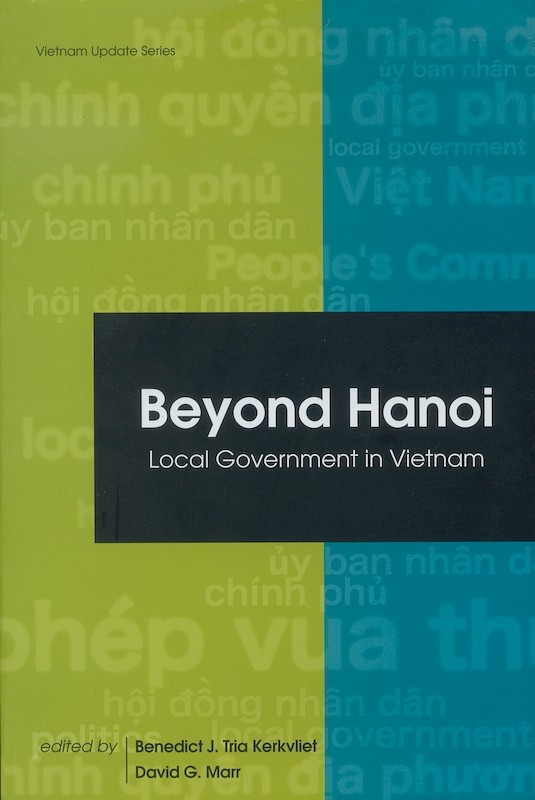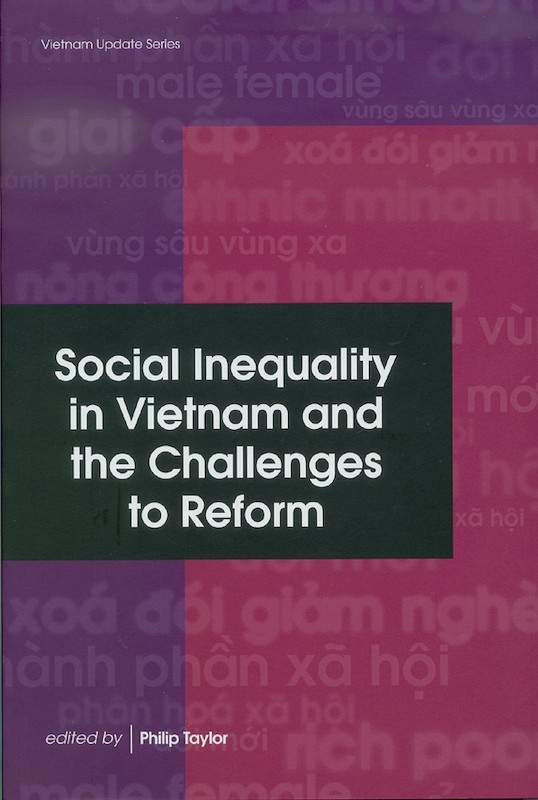The Vietnamese City in Transition
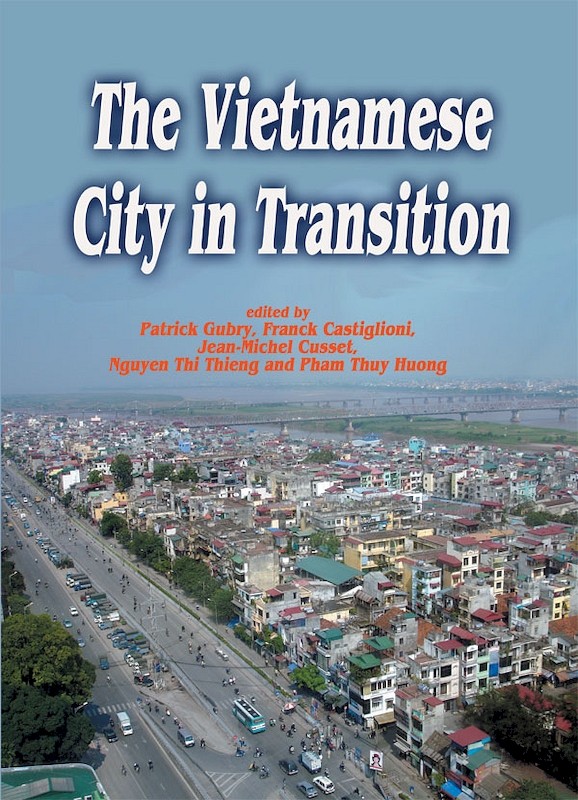
Date of publication:
2010
Publisher:
Institute of Southeast Asian Studies
Number of pages:
321
Code:
IU25
Reviews
As a whole, The Vietnamese City in Transition swiftly moves between levels of analysis, offering a nuanced look at urban development that challenges reductionist assumptions. Just when it appears that the Vietnamese state is overly forceful in its top-down approach, readers learn of the equally demanding and even more inflexible practices of foreign donors. Just when readers think they have discovered a logic of transition away from socialism, the book cogently describes hybrid combinations of socialism and neo-liberalism. Instead of decrying such hybridity as a contradiction, it constantly encourages readers to look to the realities of development in practice, to focus on the city as a lived experience where seemingly conflicted ideological notions prove able to coexist in the same social space. The concluding chapter cogently sums up the value of this general approach by showing that the multilevel analysis provided by the many chapters offers a window on how the market economy intersects with state-guided socialism in complex ways that defy attempts at simplification (South East Asia Research).
About the publication
Since the Doi Moi policy of economic renovation was introduced in 1986, Vietnam has undergone deep transformations as a result of the transition to a socialist-oriented market economy. Social and urban transition has taken place in parallel, as urban dynamics were spurred on by Vietnamese public and private stakeholders, and by external agents such as international organizations and international solidarity organizations, experts, consultants and bilateral aid organizations.Here are the results of research carried out by French, Canadian and Vietnamese teams from the north and south of the country on the overarching theme of Vietnamese cities in transition. Some of this research deals with urban dynamics, some with the issues at stake within such dynamics, or with the strategies of the most significant stakeholders in urban transition: civil society, donors within the framework of official aid for development, consultants and international consultancy firms. These projects were carried out between 2001 and 2004 as part of the Urban Research Programme for Development (PRUD), and mainly focus on Hanoi and Ho Chi Minh City, or both in the case of comparative studies.Is there such a thing as a Vietnamese model of an Asian city? It seems that urban transition in Vietnam is not taking place in as radical and abrupt a manner as in China. The country's capacity for absorbing external models, the quest for a third way between state intervention and economic liberalism, and the fact that the country's architectural heritage is taken into account in urban planning, are just some of the reasons for its particularity. The issues addressed in each chapter, as well as the proposals for further research suggested by the contributors, should act as a catalyst for urban research in Vietnam.
Contents
-
The Vietnamese City in Transition
[Whole Publication, ISBN: 9789812308269] -
Preliminary pages
-
Introduction: Urban Research in Action: Context, Aims, Directions, by Charles Goldblum, author
-
1. Urban Transition in Vietnam: Its Processes and Stakeholders, by Christian Pedelahore de Loddis, author
-
2. Road System and Urban Recomposition in Hanoi, by Emmanuel L. Alba, Rene de Maximy, authors
-
3. Intra-Urban Mobility in Ho Chi Minh City and Hanoi, by Patrick Gubry, Le Thi Huong, Tran Thi Thanh Thuy, Nguyen Thi Thieng, Pham Thuy Huong, Vu Hoang Ngan, authors
-
4. Resettlement Issues of Informal Settlement Areas in Ho Chi Minh City: From Large-scale Programmes to Micro-projects, by Franck Castiglioni, Ludovic Dewaele, Nguyen Quang Vinh, authors
-
5. Changes in Public Water Management: Transition, Compromise, and Innovation, by Claude de Miras, Fanny Quertamp Nguyen, authors
-
6. The Role of Civil Society in Urban Environmental Management, by Rene Parenteau, Nguyen Quoc Thong, authors
-
7. Assessment of Projects Supported by Official Development Assistance Based on Partnership Formats: From Ho Chi Minh City to Hanoi, by Laurence Nguyen, Nguyen Duc Nhuan, Nguyen Trong Nam Tran, authors
-
8. Relations between International Consultants and the Local Engineering Force in Urban Infrastructures, by Eric Baye, Jean-Michel Cusset, Nguyen Thien Phu, authors
-
9. Conclusion: A Diverse Approach to Research on Urban Issues, by Jean-Michel Cusset, Franck Castiglioni, Patrick Gubry, Nguyen Thi Thieng, Pham Thuy Huong, authors
-
General Bibliography
-
Index
-
Colour Plates

